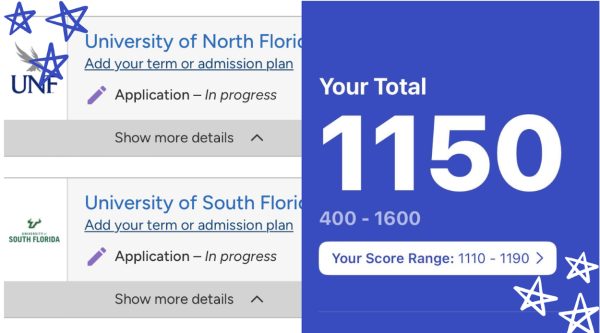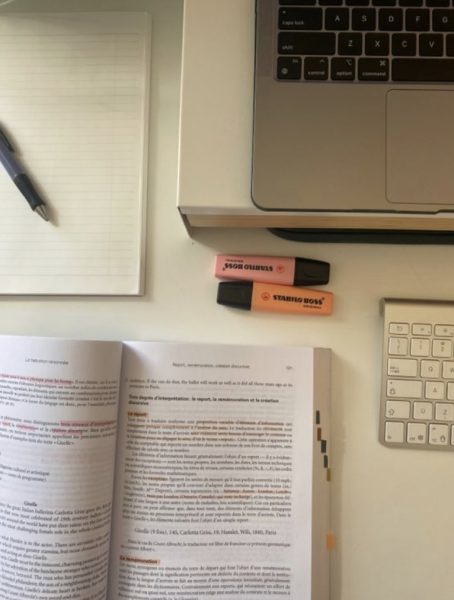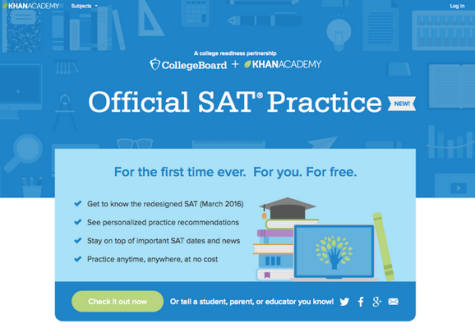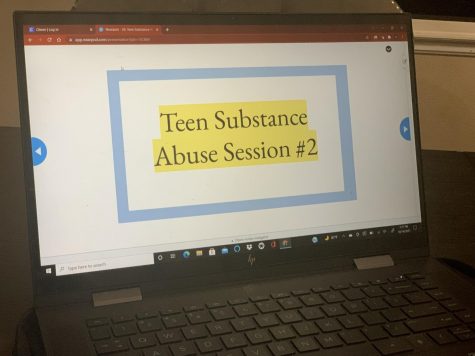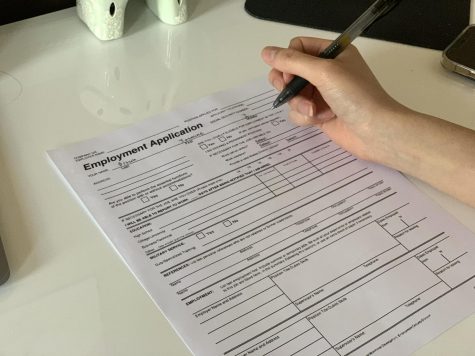ABOVE AND BEYOND: ON SURVIVING THE IB PROGRAM
Learn to survive IB from Reporter Roshan Uy!
September 26, 2022
Beyond sports and other extracurriculars, Seminole High School (SHS) is known to offer its students one of the most challenging and prestigious curriculums worldwide. This curriculum is known as the International Baccalaureate (IB) program. It is widely praised for producing highly motivated, interculturally competent, and academically prepared students. With a curriculum designed to help students prepare for college, the IB program emphasizes critical thinking and offers college credit to those who pass their examinations, much like Advanced Placement (AP) classes. However, unlike AP classes, students earn their IB diploma for succeeding in a multitude of assessments throughout the year rather than one at the end. Students in the IB program also have the unique opportunity to develop their own research paper through a research essay known as the Extended Essay (EE), which not only impresses colleges but also develops students’ skills in writing and analyzing data.
Although there is no doubt that being in the IB program is beneficial in the long run, surviving it is not necessarily easy. IB students are constantly held to the highest standards, which means the rigor and amount of work in classes can be extreme and even unforgiving at times. Sleepless nights are inevitable and, at some point, so is a low self-esteem. This is especially true during the second semester of junior year, in which IB students undergo the dreadful Internal Assessments (IA) and Orals.
However, while difficult, ‘survival’ in the IB program is not impossible to achieve. As SHS has historically had high pass rates for IB students, it is definitely not surprising to see SHS students succeed in the program. With excellent guidance and teachers, IB students are commonly in good hands.
There are also general constructs that are eventually realized by IB students after being in the program for years. Aided by the interviews of IB seniors Jiya Bhatt and Jaden Mitchell, written below are tips that every IB underclassmen can follow. These may also be useful for students who plan to join the IB program in the future.
First, it is important to realize that being in the program is going to be a commitment, so don’t expect the ease you experienced in middle school. Even in IB freshman and sophomore years, the workload for IB is tough. Freshman Pre-IB students are expected to know the MLA format by heart, and sophomore Pre-IB students are given additional work in their honors classes.
Bhatt, who chose to be in the program because “IB would set [her] up for success in [her] college classes,” explains that “[e]ven in ninth grade, [they] wrote long essays.”
These essays improve the writing skills of IB freshman, which is highly necessary in order for them to keep up with the curriculum in later years. The essays are expected to be written at a collegiate level. Attention to detail is necessary, and grammar needs to be taken extra seriously.
Aside from English classes, IB students are also expected to excel in their STEM classes and one other foreign language. IB Spanish and IB Physics are known to be especially dreadful, as the way a student learns is essential for success in these classes.
To alleviate such stress, however, Bhatt advises IB students and prospective IB students the following: “My biggest tip would be to power through. There are going to be times where you feel that the work isn’t worth it, (and although you might be right at times), I still think that the higher level skills that you obtain in IB, such as the writing and speaking skills, are going to help in the long run. It’s just important that you don’t procrastinate or leave things until the last minute! That’s usually the source of IB stress. Also, I think it’s important to note that you give some time to yourself to relax and unwind- it’s important for your mental state! Join [Beta Chi] and other clubs that you’re interested in, take classes that seem cool, and just fly through. It’s going to be a remarkable year.”
Mitchell, who joined IB in hopes for “a nice academic challenge,” suggests something similar: “[D]o your work, manage your time as best as possible, ask help when you need it, and ultimately try to have fun. Having fun and making friends in your classes will definitely help you through the program. Also, don’t overwhelm yourself with a bunch of hard classes.”
In other words, seek out fun opportunities despite IB’s stressful environment, and manage your time wisely. Make sure you always save time for your social life and yourself, and if things get too overwhelming, don’t be afraid to relax and stop working for a while! Setting 15-minute break periods, and planning your homework accordingly are helpful tips as well.
Furthermore, talk to your teachers whenever necessary. IB teachers understand that the students are young teens who experience stress outside of school. If you’re in need of mental counseling and help, please don’t hesitate to talk to the teacher. They are generally lenient when it comes to mental health and other issues.

























